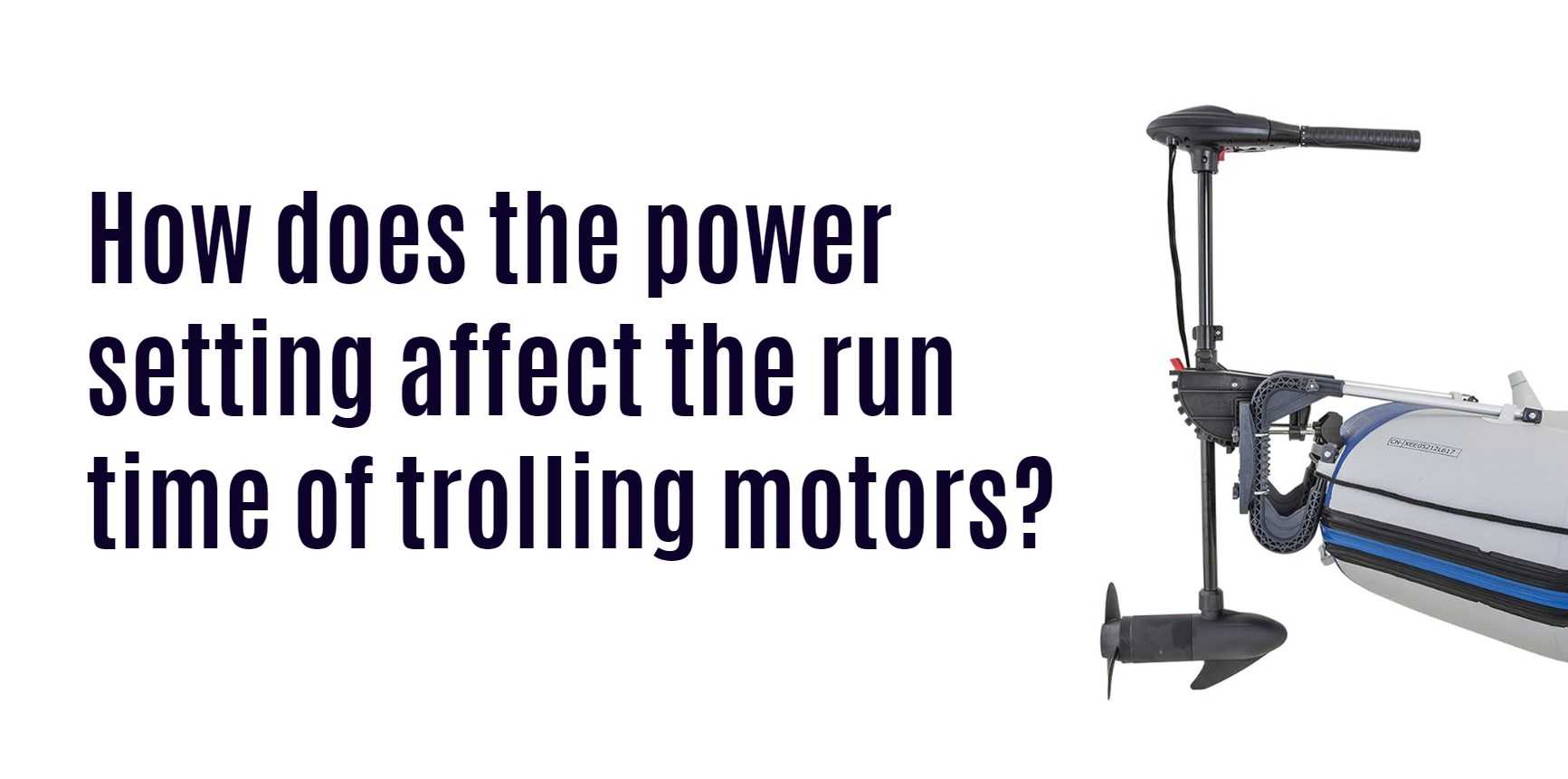At Redway Battery, we understand the intricate dynamics of trolling motors and the impact of different power settings on their runtime and performance. Let’s explore the nuances and practical implications of adjusting power levels for your trolling motor.
Importance of Power Settings in Trolling Motors
Choosing the correct power setting is crucial as it directly influences both the efficiency and duration of your trolling motor’s operation. Factors such as water conditions, wind speed, and the type of fishing you’re engaged in all play pivotal roles in determining the ideal power level for your motor.
What Determines The Power Of A Trolling Motor?
The power of a trolling motor is determined by its thrust rating (in pounds), which indicates how much force it can generate to move a boat. Factors include boat size, weight, water conditions, and battery capacity.
Wholesale lithium golf cart batteries with 10-year life? Check here.
The power of a trolling motor is primarily determined by its thrust rating, measured in pounds (lbs), which reflects the amount of force the motor can generate to propel a boat. A higher thrust rating means the motor can move larger or heavier boats more effectively.
Other important factors influencing the motor’s power needs include the size and weight of the boat, water conditions such as current and wind, and the battery capacity available to supply consistent power. Matching the thrust rating to your boat’s requirements ensures smooth, efficient maneuvering and better control on the water.
Want OEM lithium forklift batteries at wholesale prices? Check here.
How Much Power Does A Trolling Motor Need?
A trolling motor typically needs 2 pounds of thrust per 100 pounds of boat weight, including gear and passengers. Larger boats or rough water require more thrust for effective maneuvering.
A trolling motor generally requires about 2 pounds of thrust per 100 pounds of the total boat weight, including gear and passengers. For example, a 1,000-pound boat would ideally need a motor with around 20 pounds of thrust to operate effectively.
Larger boats or those used in rough water conditions demand higher thrust ratings to maintain control and maneuverability. Choosing the right power ensures smooth handling, efficient navigation, and a better overall boating experience.
Why Is Trolling Motor Power Important For Fishing?
Trolling motor power is important to ensure smooth, precise control and quiet operation while fishing. Adequate power helps maintain position and navigate various water conditions without disturbing fish.
Trolling motor power is crucial for delivering smooth and precise control, allowing anglers to maneuver quietly and accurately in fishing spots. Adequate power ensures you can maintain your position against currents or wind without drifting, which is essential for effective fishing.
A motor with enough thrust operates quietly, minimizing disturbances that might scare fish away. Proper motor power also enables safe navigation through different water conditions, giving you greater confidence and improving your chances of a successful catch.
Optimal Power Levels for Different Scenarios
River Trolling vs. Lake Fishing
When trolling in rivers with strong currents, higher power settings are necessary to maintain effective maneuverability and speed. In contrast, fishing near calm lake inlets allows for lower power settings, conserving battery life without sacrificing performance.
Professional Angler Insights
According to insights from our expert pro team, operating at approximately 30% of maximum power is often optimal for most fishing applications. For instance, using a Dakota Lithium battery with adequate Amp-hour (Ah) capacity relative to your motor’s maximum amp draw ensures extended battery life, lasting a full day on the water in typical conditions.
Case Study: Garmin Force Trolling Motor
For a practical illustration, consider the Garmin Force Trolling Motor, which provides detailed amp draw data across different power settings. The following chart outlines the current consumption at various throttle positions for both 24V and 36V setups:
Practical Tips for Adjusting Power Settings
- Monitor Battery Levels: Regularly check your battery’s state of charge to avoid deep discharge, which can reduce its lifespan.
- Adjust for Conditions: Adapt power settings based on water currents, wind, and fishing techniques to maximize runtime.
- Use a Battery Monitor: A battery monitor can provide real-time data on your battery’s status, helping you make informed decisions about power usage.
Conclusion
Understanding the impact of power settings on trolling motor runtime is essential for optimizing your fishing trips. By considering water conditions, battery capacity, and motor efficiency, you can extend your motor’s runtime and enhance your overall fishing experience. At Redway Battery, we’re committed to providing you with the knowledge and battery solutions to make the most of your time on the water.
For more information on trolling motor batteries or to discuss your specific power needs, contact our expert team today. Equip yourself with the best battery technology for your trolling motor and enjoy a more productive and enjoyable fishing experience.







